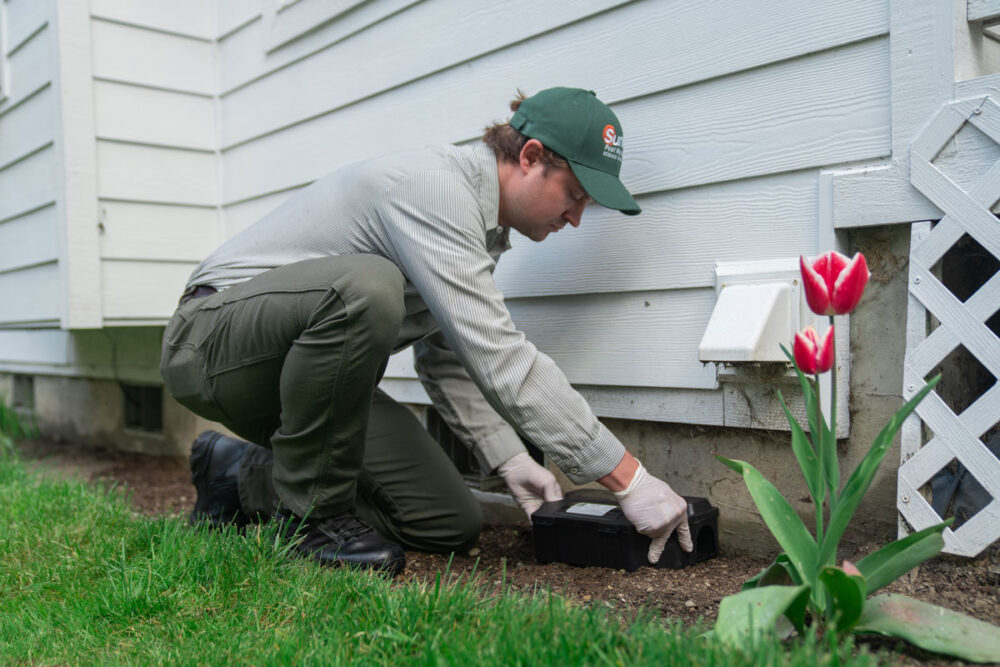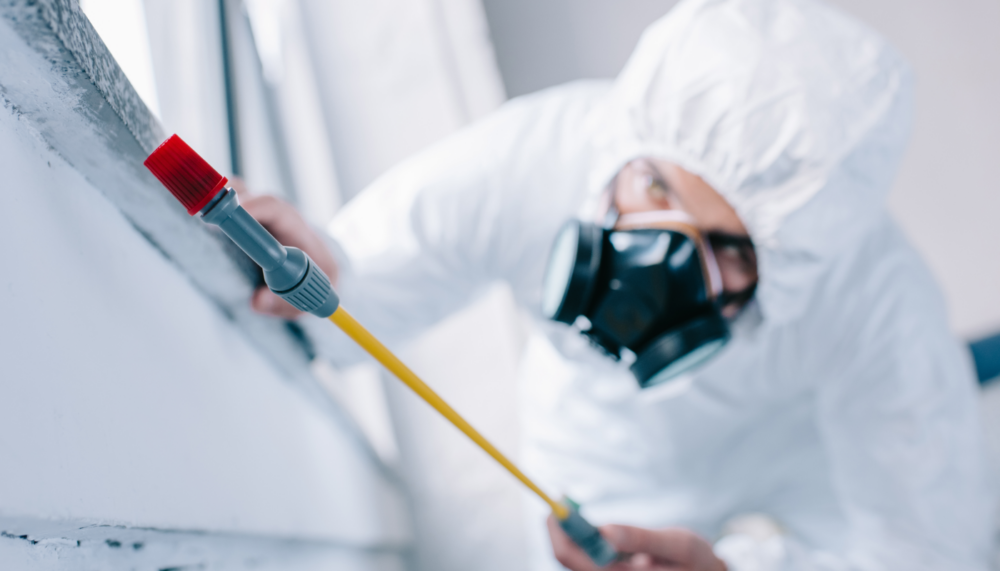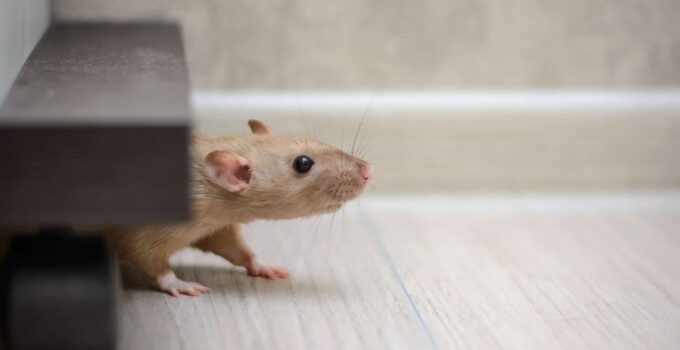If you are a property owner looking to rent your property, or a prospect looking for a property to take on rent, you must be ready for some pre-work. There are many things you need to consider, and put all of them in the rental agreement. A rental agreement with all terms and conditions clearly included can make your life sorted. But, one common yet not-so-often covered scenario is what happens in case of rodent infestation. Who is responsible for rodent control in a rental property – the owner or the tenant?
As Per The Law
The state laws of the area where the property is situated may or may not define the responsibility for rodent control. The owner is generally accountable for the property’s rodent control. However, if tenants’ lifestyles or habits contribute to an infestation, they can be held accountable for undertaking rodent control.
As Per The Rent Agreement

Source: forbes.com
If no clear laws are available, a rent agreement should lay out the details of the owners’ vs. tenants’ responsibilities concerning rodent control.
One option can be that the agreement clearly mentions that the owner is not responsible for any rodent control service. The property has been handed by the owner in good condition and is currently infestation-free. It should also mention that the tenant will be held accountable if any infestation is found after they move in.
Another option is that the owner arranges regular preventive rodent control services, usually quarterly, through professionals like RodentControl Inc. only. If any infestation occurs outside these scheduled services, the tenant must get them fixed themselves.
No matter how rodent control issues are worked out, they must be discussed in detail by both parties. The owner and the tenant must clearly understand who is responsible for what before signing the rent agreement.
Ideally, if both parties act responsibly, rodent infestations can be controlled or completely avoided.
Owner’s Responsibility

Source: sunrisepest.com
It is the owner’s primary duty to provide habitable property. It includes a safe, comfortable, and infestation-free property for the tenants. Some steps that the owner must undertake are:
Before Renting The Property
A thorough check must be conducted for any infestations. The property should be free of rodents, mice, bedbugs, pests, and cockroaches. If an issue of rodents is expected in the area, professionals can be called to inspect the property during the time of rental inspection thoroughly.
- If any infestation is discovered, the owner should refrain from applying any do-it-yourself methods for cost-cutting. It should be handled by professionals. Their specialists can also advise you about additional prevention tactics to keep rodents at bay. Some points which should be kept in mind while choosing a rodent control service provider are:
- The service provider should use chemical-free products
- The provider should provide a guarantee for some fixed period
- Look for features like rain-resistant and long-lasting in the solution provided
- Opt for a no-stink formula. The pungent smell of the sprays and repellants can be annoying and discomforting
- The solution should stop rodents’ entry, nesting and foraging
- If there is a website, testimonials and reviews of existing customers must be read to see if the provider is reliable or not
- Any leaking pipes and faucets must be fixed. Broken or rotting wooden doors, windows, or floors must be replaced. Cracks in the walls must be repaired. They attract rodents and can provide them an easy entry.
- Tenants must be educated on the rodent prevention process.
- Trees must be pruned to avoid any hiding spots for rodents. If there are any tall, overhanging trees, they must be trimmed back so that they do not provide a path for rodents to hop onto the roof. If there are fruit-bearing trees, the tenant must be told to remove dropped fruits from the ground regularly.
While The Property Is Rented
- Periodic preventive rodent and pest control must be carried out. As rodents can appear year-round, how often this preventive step must be incorporated depends upon the property’s location, weather conditions, and surroundings.
Periodic service often includes:
- Rodent repellant spray in and around the property.
- Plugging any holes.
- Thorough inspection for any indication of an infestation.
This regular preventative care makes rodent invasion less likely.
- Apart from conducting seasonal rodent and pest infestation checks, the owner must ensure that if the tenant reports any infestation issue, it must be immediately heard. The aptest solution is to undertake professional rodent control services.
- If a tenant contacts an owner and informs them about a rodent infestation, the owner must act immediately. Who pays for the control services can be mutually decided later on. But, if the action is delayed, it may lead to even more significant problems. It can bring along with it legal trouble for the owner. The tenant can rightfully withhold the rent until the problem is fixed.
To be on the safer side, the owner must keep a record of conversations with the tenant regarding rodent infestation. Some key points included are:
- When was the issue of infestation first reported by the tenant
- What and when did the owner take action
- The bill receipt from the rodent control service provider
- If any proof of calls with the tenant is available, they must be retained.
Tenant’s Responsibility

Source: blog-qhse.com
Once tenants inhabit the property, they must maintain essential cleanliness and hygiene. They should make sure that no infestations happen by undertaking the following steps:
- Close the doors and windows properly to ensure no easy entry points for the rodents.
- Maintain cleanliness and follow basic rules like not keeping food uncovered for long, lid the garbage bins, and throwing their garbage daily.
- Cooperate during seasonal infestation checks and controls against rodents.
In Case An Infestation Occurs, The Tenant Must:
- Inform the owner immediately.
- Check the interior as well as exterior surroundings to find the cause.
- Thoroughly clean any garbage, debris piled up, or clutter. They could be hiding spots for rodents and thus contributing to the problem.
- Take action if the owner is not responding or delaying the rodent control process.
Conclusion
All are aware of the health issues which rodents bring with them when they enter any premises. Their droppings can be the cause of multiple diseases in humans. They contaminate food as they cross kitchen counters. They can be carriers of pathogens. So, they are a severe threat to human well-being. Owners and tenants must work together toward handling any rodent issues.



